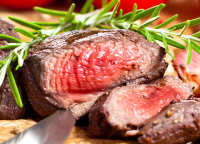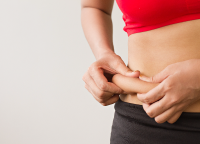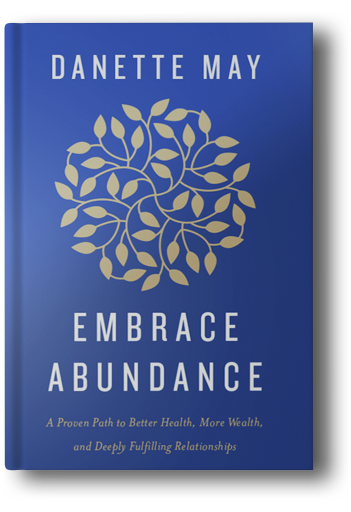Have you heard stories of young women having strokes?
The 36-year old whose stroke started as a headache in spin class?
The 26-year-old who had a stroke while having sex?
When most people think of a stroke, they picture an old person, but that’s not always the case. 
Strokes happen when the blood supply to the brain is blocked or a blood vessel in the brain bursts.
They are the 5th leading cause of death in the United States. They happen to 800,000 people each year.
A stroke is much more likely to happen to people who are over 55, but they're happening to younger people more and more. This is especially true in younger women.
Let’s look at what causes a stroke, how to prevent it, and what to watch out for to make sure that you and your loved ones are safe.
A recent study by the Centers for Disease Control and Prevention shows young people are accounting for more and more acute strokes. They are having the kind of stroke caused by blood being cut off from the brain.
Between 1995 and 2008 there was a 23% jump in the number of women between 15 and 34 who had strokes.
TweetThere was a 29% rise in strokes in women between 35 and 44 in this same time period.
7 Things that Put Young Women at Risk for a Stroke
1. Being obese 
2. Having high cholesterol
3. Having diabetes
4. Having high blood pressure
5. Having recently given birth
6. Being pregnant
7. An injury to the neck
Doctors aren’t sure why more young people are having strokes.
They think it may be due to more young people drinking, smoking and eating a poor diet.
According to Dr. Brett Kissela, a neurology professor at the University of Cincinnati College of Medicine,
“The public health story here is that we’re seeking stroke factors at much younger ages as a result of an epidemic of childhood obesity and diabetes, and high blood pressure and cholesterol that everyone is talking about.”
Silent Symptoms in Young Adults
One of the most troubling things about strokes in young people is that the signs are often missed. Here are some things to watch for:
- Sudden unsteadiness
- Face drooping
- Dizziness
- Arm Weakness
- Severe headache
- Neck pain
- Fatigue
- Slurring words
It’s key for a stroke to be diagnosed quickly. Every minute that goes by means more harm to the brain.
Knowing Risk Factors
One of the keys to protecting against stroke is to know your own risk factors. Even if you’re at a healthy weight and follow a healthy diet, you may be vulnerable to stroke.
Risk factors include:
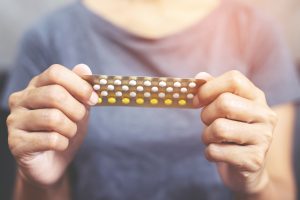
- Family history of stroke
- Migraine headaches
- Heart problems
- Taking birth control that contains estrogen
What Can You Do to Decrease Your Risk of Stroke?
There are 3 steps you can take right away to lower your risk of stroke.
1. Start by paying attention to your blood pressure and cholesterol. If they're too high, see your doctor and adjust your lifestyle to make improvements.
2. Exercise regularly. 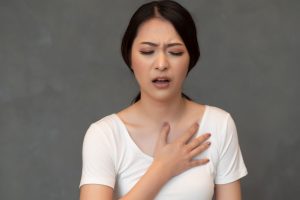
3. Stick to a heart-healthy diet high in fish, nuts, and vegetables.
If you want to do even more, here are nine more ways to reduce your risk of this silent killer.
Just having awareness of the fact that a stroke can happen at any age puts you in a better position to be proactive.
Yours in health and happiness,
Danette
P.S. Please share this with the young women in your life to help raise awareness and I welcome your comments below. Do you know someone who suffered a stroke at an early age?


